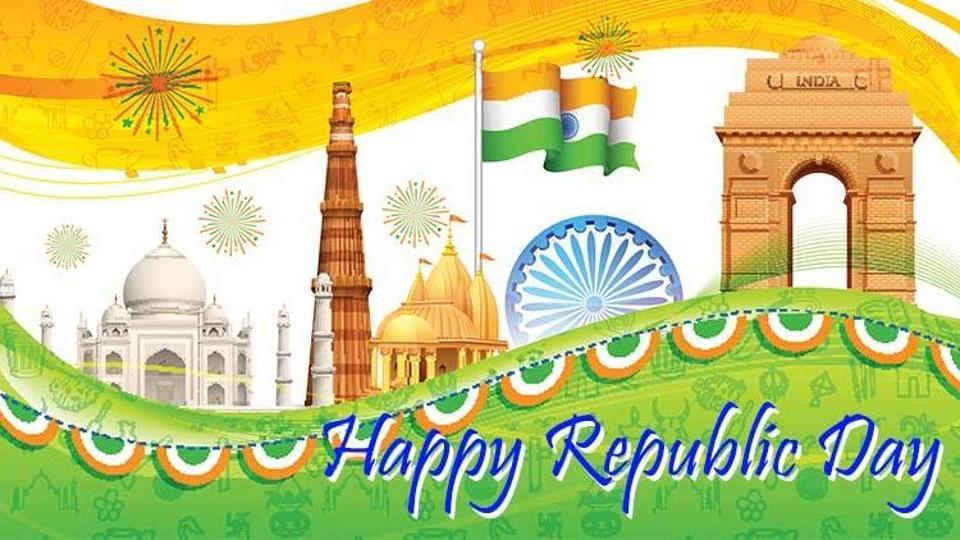Raja Ram Mohan Ray
Ram Mohan Roy FRAS (Bengali: রামমোহন রায়; 22 May 1772 – 27 September 1833) was an Indian reformer who was one of the founders of the Brahmo Sabha in 1828, the precursor of the Brahmo Samaj, a social-religious reform movement in the Indian subcontinent. He was given the title of Raja by Akbar II, the Mughal emperor. His influence was apparent in politics, public administration, education, and religion. He was known for his efforts to abolish the practices of sati and child marriage. Roy is considered to be the "Father of the Bengal Renaissance" by many historians.
Early life-
He was a great scholar of Sanskrit, Persian and English languages and also knew Arabic, Latin and Greek. One parent prepared him for the occupation of a scholar, the Shastri, while the other secured for him all the worldly advantages needed to launch a career in the laukik or earthly sphere of public administration. Torn between these two parental ideals from early childhood, Ram Mohan vacillated between the two for the rest of his life.
The Persian and Arabic studies influenced his thinking about One God more than studies of European deism, which he didn't know at least while writing his first scriptures because at that stage he couldn't speak or understand English.
Ram Mohan Roy's impact on modern Indian history was his revival of the pure and ethical principles of the Vedanta school of philosophy as found in the Upanishads. He preached the unity of God, made early translations of Vedic scriptures into English, co-founded the Calcutta Unitarian Society and founded the Brahma Samaj. The Brahma Samaj played a major role in reforming and modernizing Indian society. He successfully campaigned against sati, the practice of burning widows. He sought to integrate Western culture with the best features of his own country's traditions. He established a number of schools to popularize a modern system (effectively replacing Sanskrit-based education with English-based education) of education in India.
Social and political activism-
In 1823, when the British imposed censorship upon the Calcutta (Kolkata) press, Roy, as founder and editor of two of India’s earliest weekly newspapers, organized a protest, arguing in favour of freedom of speech and religion as natural rights. That protest marked a turning point in Roy’s life, away from preoccupation with religious polemic and toward social and political action. In his newspapers, treatises, and books, Roy tirelessly criticized what he saw as the idolatry and superstition of traditional Hinduism. He denounced the caste system and attacked the custom of suttee (ritual burning of widows upon the funeral pyres of their deceased husbands). His writings emboldened the British East India Governing Council to act decisively on the matter, leading to the prohibition of suttee in 1829.
Ram Mohan Roy as an educationist-
- Roy believed education to be an implement for social reform.
- In 1817, in collaboration with David Hare, he set up the Hindu College at Calcutta.
- In 1822, Roy found the Anglo-Hindu school, followed four years later (1826) by the Vedanta College; where he insisted that his teachings of monotheistic doctrines be incorporated with a "modern, western curriculum."
- In 1830, he helped Rev. Alexander Duff in establishing the General Assembly's Institution (now known as Scottish Church College), by providing him with the venue vacated by Brahma Sabha and getting the first batch of students.
- He supported the induction of western learning into Indian education.
- He also set up the Vedanta College, offering courses as a synthesis of Western and Indian learning.
- His most popular journal was the Sambad Kaumudi. It covered topics like freedom of the press, induction of Indians into high ranks of service, and separation of the executive and judiciary.
- When the English East India Company muzzled the press, Ram Mohan composed two memorials against this in 1829 and 1830 respectively.
Last Moment Of raja ram Mohan Roy-In August 1828 Roy formed the Brahmo Samaj (Society of Brahma), a Hindu reformist sect that utilized Unitarian and other liberal Christian elements in its beliefs. The Brahmo Samaj was to play an important part, later in the century, as a Hindu movement of reform.
In 1829 Roy journeyed to England as the unofficial representative of the titular king of Delhi. The king of Delhi granted him the title of raja, though it was unrecognized by the British. Roy was well received in England, especially by Unitarians there and by King William IV. Roy died of a fever while in the care of Unitarian friends at Bristol, where he was buried.
















0 Comments
don't send any negative comment